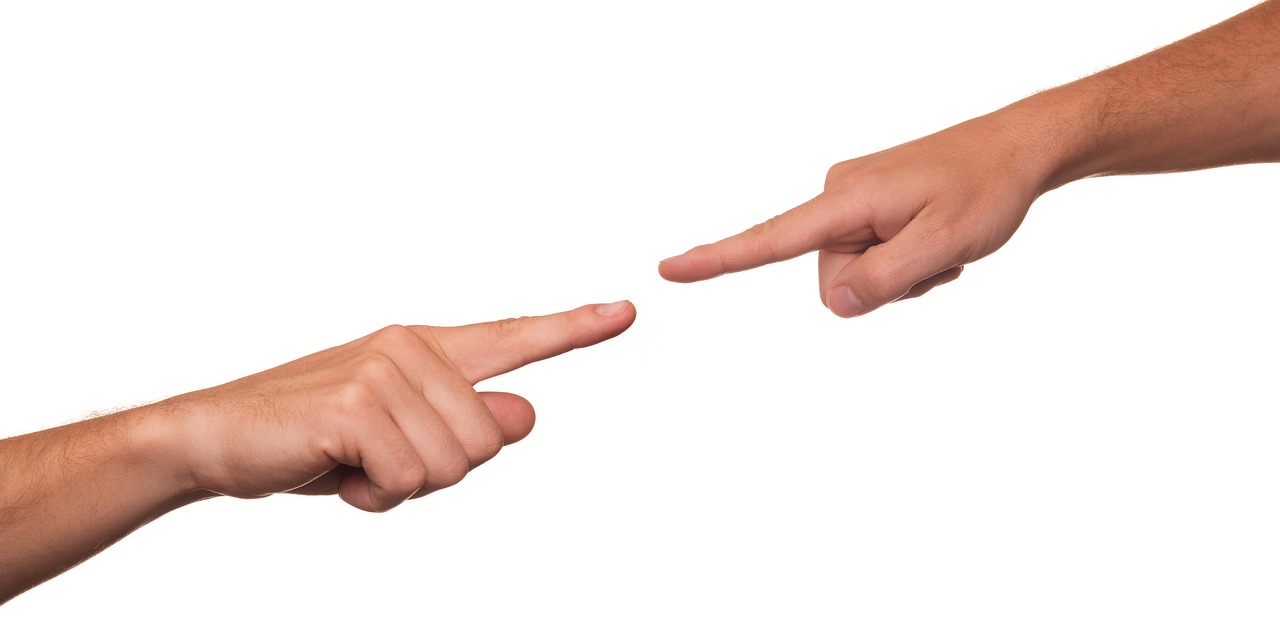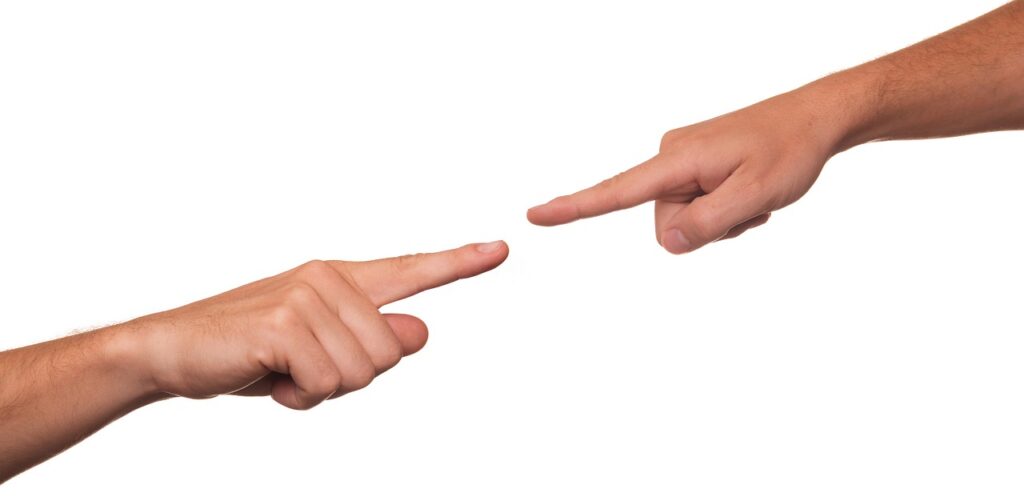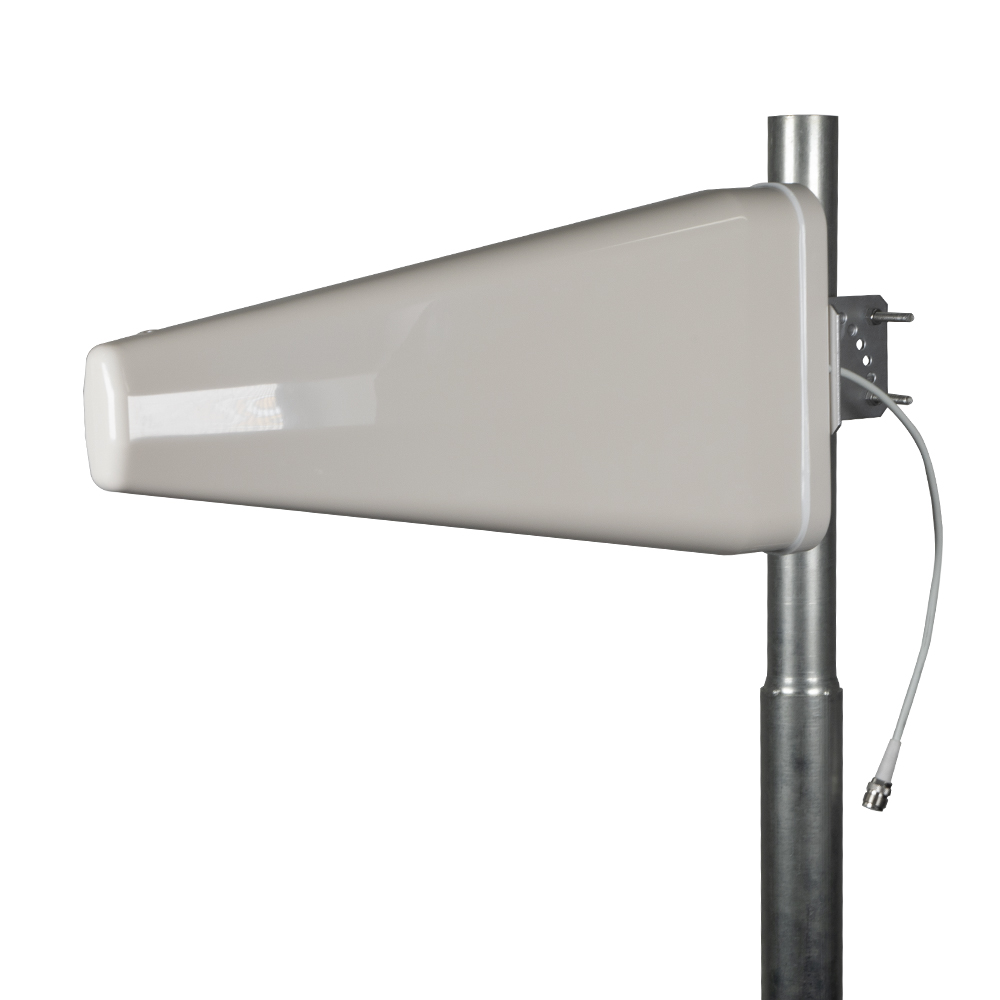How Fault and Liability Is Determined In A Car Accident


After getting into a car accident, you may be dealing with expensive property damage, personal injury, and other expenses. In some cases, it can be difficult to prove that the other party is at fault when the evidence is unclear, or the circumstances of the accident are in a gray area. When you are confused about the fault or liability of your car accident, it is best to speak to a car accident attorney to help you. A Jacksonville car accident lawyer will investigate your case and help determine who is at fault by finding and reviewing all the available evidence. Here are some of the methods your attorney may apply when they are reviewing your case.
Investigating The Evidence
Your personal injury lawyer has to determine if the evidence is strong enough and whether it indicates if the other party is at fault for the car accident. The evidence must be clear that you are not at fault and that the other party was negligent in their behavior leading up to the accident. Your car accident lawyer will use traffic camera footage, police reports, witness testimonies, photos you took, and other information that helps prove that you are not at fault.
Checking Traffic Laws
Personal injury attorneys are well versed in traffic laws and know when the other party has violated those rules. Based on the information you provide, the evidence they discover, photographic or video proof, and written citations, they can figure out if any traffic laws were broken before the accident. The other driver may have been speeding, ignored a red light or stop sign, failed to yield, made an improper lane change, engaging in other illegal activities.
They may also have been under the influence, although this can only be proven if they take a breathalyzer or drug test. Distracted driving is another cause of bad car accidents, and happens when drivers are on their phones or performing other activities when they should be focusing on the road. By subpoenaing the driver’s cellphone provider, your attorney can find out if the driver was texting and driving while operating their vehicle, as this is an illegal activity.
Your lawyer does this by creating a legal document that demands that another party produce documents in a legal proceeding. The subpoenas are typically time-sensitive and enforced by the court, which means that the other party’s phone company must deliver the information about them by a particular deadline. This information can then be used as evidence to support your claim of negligence.
Tying Damages To Negligent Activity
To prove that you are not at fault, your attorney will need to prove that the other party was negligent in some way. Your attorney can do this by proving that the other party breached their duty of care, which led to the accident that caused your injuries. The other party already owed you a duty of care because they shared the road with you. This means that they should follow the traffic laws and be considerate of other drivers around them. If they fail to do so, this is a breach of duty.
Did You Contribute To The Accident?
You may have contributed to the accident through small errors. For example, perhaps you were going 5 miles over the speed limit when the other party crashed into you. If you are partially at fault for your accident, you may receive reduced compensation. You can work with your attorney to find out the percentage of the accident you may be at fault for, so you can still receive compensation because of the comparative fault rule.
I’m Not At Fault, What Do I Do Now?
If you are certain you are not at fault, you should still get advice from a reliable law firm that can provide legal advice. They may notice aspects of your case that can help prove that you are owed compensation. If you have a strong case, they will help you pursue a settlement and contact the other parties involved on your behalf. With their help, you can focus on your recovery while they work hard to help you obtain compensation. Learn more about how this settlement claim process works by reaching out to a lawyer who can provide answers to your questions.





